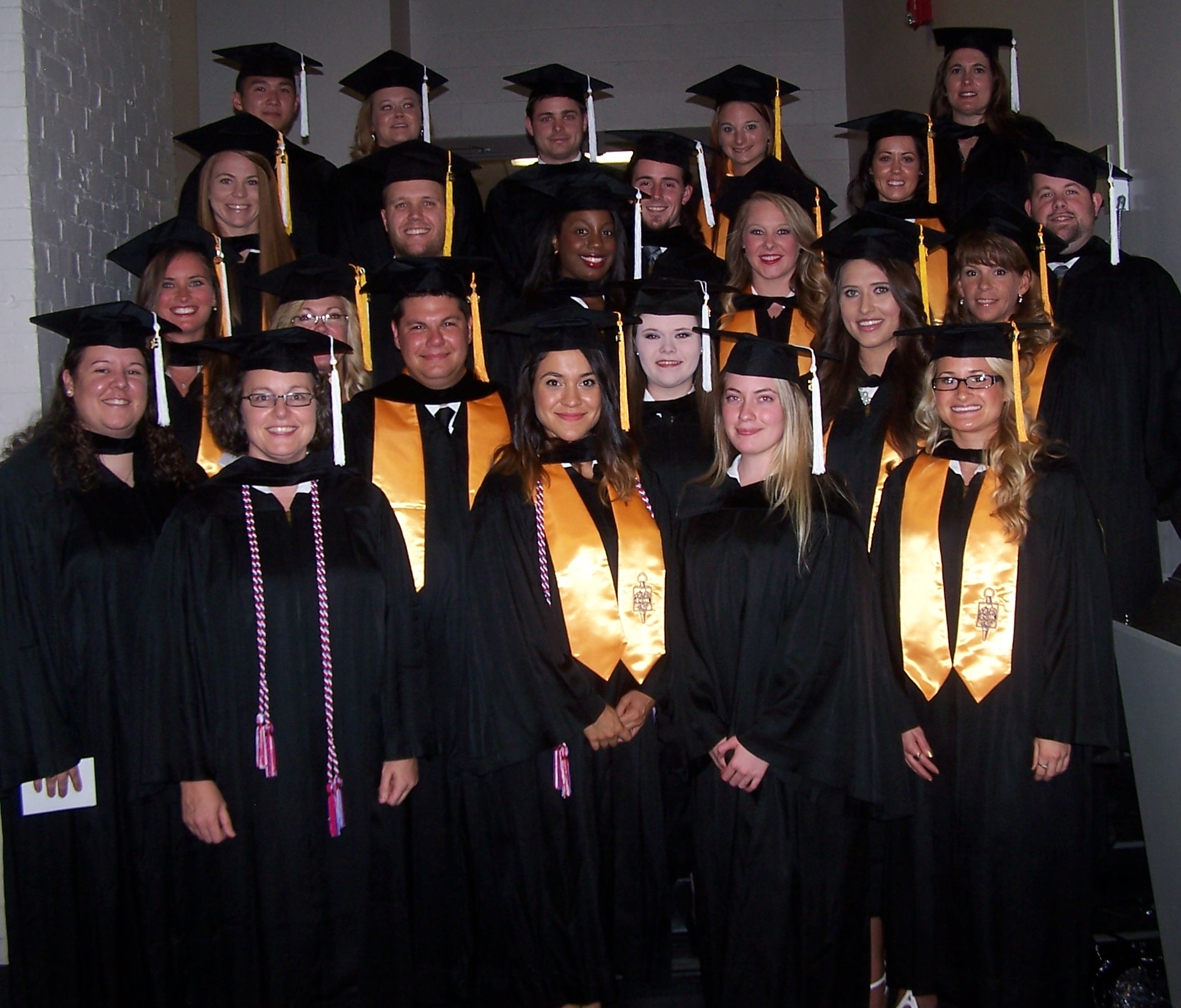When did you decide on making physical therapy your career?
I had polio when I was five. The polio vaccination began being given to children five and under a month
after I contracted the disease. For ninety-nine days, I was in a hospital in Vero Beach, FL in a polio ward. My
mother recalls that I told the physical therapist that treated me that I was going to be a physical therapist.
I don't remember thinking about being a physical therapist until I was about nine years old. I continued to
have physical therapy three times a week for eight years, until I was thirteen. Learning to walk again, having
physical therapy, my first brace and wheelchair, those are childhood memories for me.
How has the physical therapy profession changed over the years?
I have been a licensed clinician for forty-two years. My first degree was a Bachelor's in Physical Therapy,
followed by the Certificate in PT, twenty-five years later a post professional Masters in PT followed by the
Doctorate in PT. It has been amazing to see the profession grow from the certificate to the entry-level
doctorate degree. In the early years, the profession was primarily female. Now the profession is about equal
males to females and is growing more diverse ethnically. The program admitted twenty-eight students last
fall, nine of which were males and a third minorities. There have been so many advances in medical care
with joint replacement, electro-therapeutic devices, infants who are born premature and weigh ounces are
now surviving, etc. All of those things have impacted our profession as well. Our scope of work has changed.
From massage, heat, gait training, and exercising to dry needling, mobilization, and determining a physical
therapy diagnosis. Over the years, we've branded ourselves as movement specialists so that we really do have
a niche in both prevention and wellness. The first class of physical therapist assistants to graduate in Alabama
graduated the year I received my Bachelors. Being involved and observing all of the changes to the profession
over the years has been exciting.
What do you like best about being a professor?
It's that moment for students when you see the lightbulb going off and things start making sense. When a
student is taking a practical and he/she acts very professional and confident, indicating the student has
"bought into" the profession and culture of physical therapy. Then seeing them achieve their goals. This
program is very rigorous...to see them in twelve months go from knowing no therapy to being a graduate of
a program and eligible to sit for the licensure exam is really amazing. We invest a lot of time and energy into
the students to make them successful. Seeing the student walk across the stage at graduation or reporting
on receiving a job is about as rewarding as when a patient achieves his/her goals.
What is your Advice for upcoming students?
To be committed to the profession early on because admission is very rigorous for both the physical therapist
assistants and the physical therapists. You need to possess a spirit of giving, caring, and compassion for the
profession and patients for the field to be rewarding to you. Students must have the desire to help, not to
enable. And then being able to put the desires of the patient over your desires, or what you need to do, is also
necessary.
Do You Have A Particular Accomplishment That Stands Out In Your Mind?
Receiving the grant from Gulf Coast Advance in the Spring of 2014 is an accomplishment of which I am proud.
The funds were used to research scores on a standardized test to determine if the scores could correlate to
program success. The funds allowed us to test the cohort of students admitted Fall 2013. Two groups were
tested, those who were successful in program completion and those who were not. Being familiar with these
students and observing the struggles and successes helped determine which components of the test were the
most beneficial to track. As a result of the data, points for various ranges in test scores have been added to the
admission process.
[Visit the EVENTS page to see Dr. Wehner's Brown Bag presentation]
Dr. Wehner and her students looking at orthoses.
The graduating class of July 2015.
"Polio was something that I had no control over and it might have been a deterrent...instead it has really driven my life."





